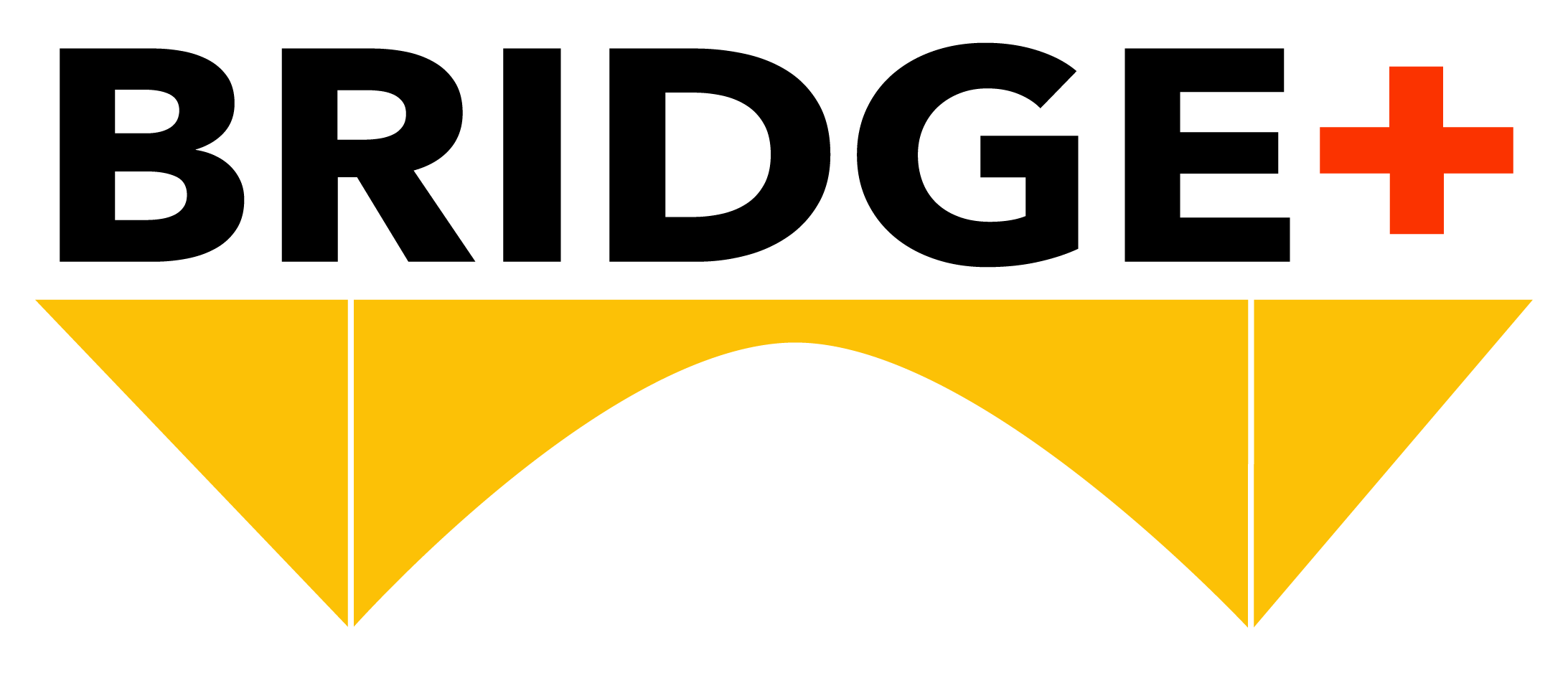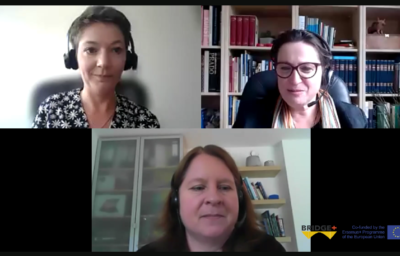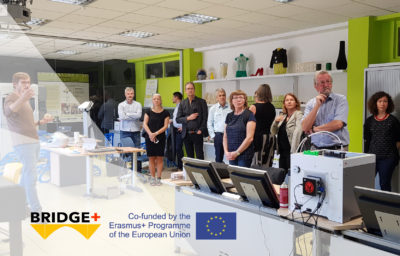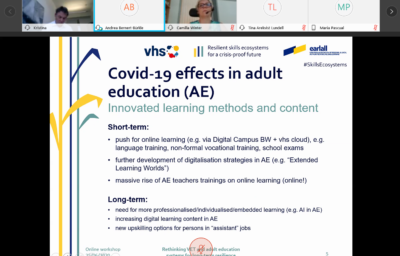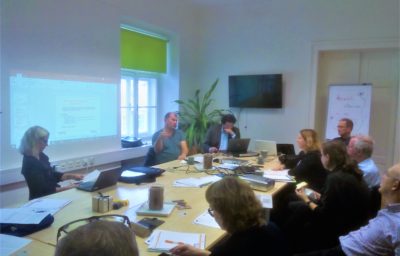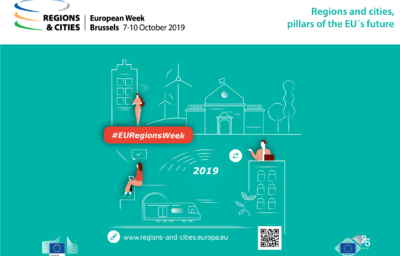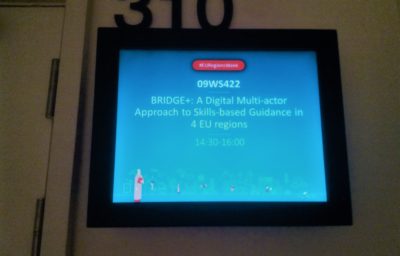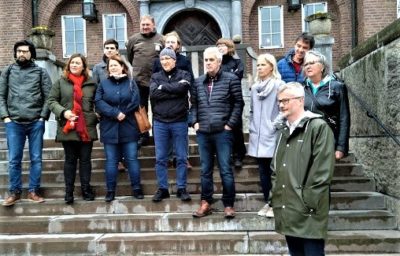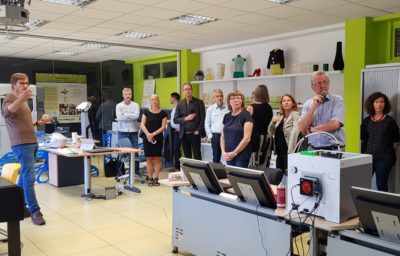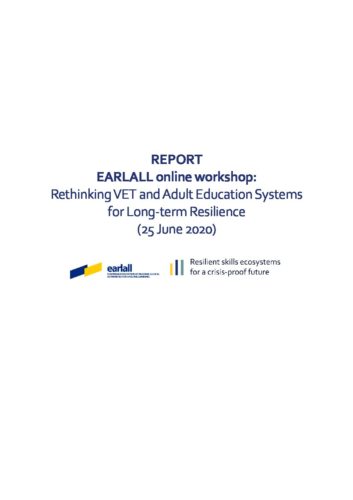BRIDGE+: Building up Regional Initiatives to Develop Skills-based GuidancE: A digital multi-actor approach (2018-2021)
The gap between acquired competences and sought-after competences is increasing, and there is a high demand for more flexible and higher level competences and skills of individuals. In the framework of the BRIDGE+ project, the participating municipalities, regions and partners aim at building up, testing and implementing new strategies of skills development at a regional level, supported by innovative technology.
Changes in society, technology and economy are accelerating. A general assumption in the economy, especially by global players, and the academic world is that half of the know-how becomes obsolete within five years. At the same time, the current know-how is doubling, and, therefore, the gap between acquired competences and sought-after ones is increasing. As a result, there is a high demand for more flexible and higher level competences and skills. A survey conducted by the polling institute Forsa indicates that the currently most asked competencies by the employers are the ability to cope with change, digital social competence, abstraction and analytic skills, self-organisation and “learning to learn.” Although companies are looking for professionals that gather them all, career guidance counselors are not often able to deal with them, since instruments to support the development of these new skills are still based on old principles:
- Companies or other employers use simple, one dimensional techniques to identify the training needs of employees or skill demands of specific workplaces – if they analyse such demands at all.
- Career guidance and counselling is based on standard procedures or tests and non-individualised information is provided to those looking for new opportunities. Most counselors – both public and in-company personnel developers – focus on formal competencies and leave informal and non-formal skills aside.
- Education “educates” the labour force instead of “developing” it.
- Communication, cooperation and coordination between different actors rarely take place.
Cedefop states in a briefing note that one out of three employers has problems in filling vacancies as candidates have “the wrong skills.” According to Cedefop, employers claim that education systems produce graduates of tomorrow in the skills needed in the industry of yesterday.
In country studies carried out by the International Labour Organisation, between 10% and one-third of the employed are found to be overeducated and around 20% are undereducated, which results in a total mismatch of between 30% and 50% of the employed in European countries (ILO, September 2014, “Skills Mismatch in Europe”).
Objectives
In the framework of the BRIDGE+ project, the participating municipalities, regions and partners aim at building up, testing and implementing new strategies of skills development on a regional level supported by innovative technology. These regional initiatives will include relevant groups of actors – above all, companies, career guidance organisations, educational institutions and individuals – and interlink them in the framework of personal and virtual networks and platforms. During the training sessions, these actors will learn how to use innovative technology for competence management and career guidance according to their needs. They will also be motivated to use the tools as “bridges” to the partners, allowing a constant dialogue on future work and learning – the most important pillar of labour market skills intelligence.
These initiatives will be implemented in the framework of existing multi-actor career guidance and education networks of the 5 European regions: Baden-Württemberg (Germany), Basque Country (Spain), Brittany (France), Jämtland (Sweden), and Steiermark (Austria).
The main goal of the project is to tackle skills mismatches between demands of the world of work and competences of employees or candidates. With the help of ICT tools, relevant skills and competences shall be made visible in the two directions of companies and individuals, and be accessible for career guidance officers. Respective activities will be developed at a regional level in close cooperation with the relevant actors.
Outputs
Available here.





